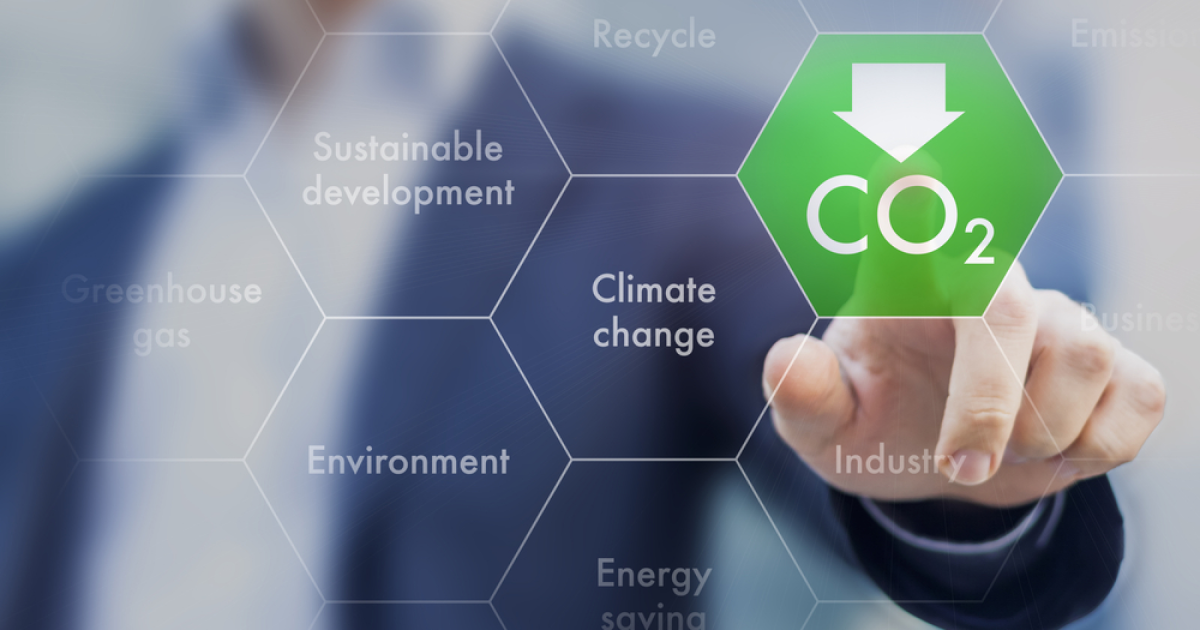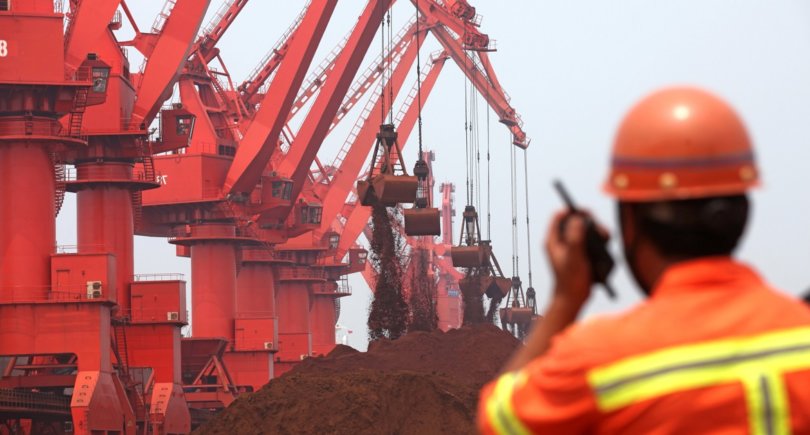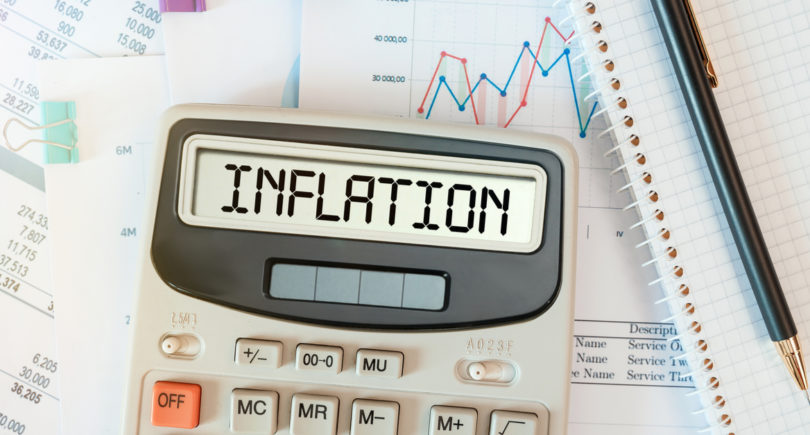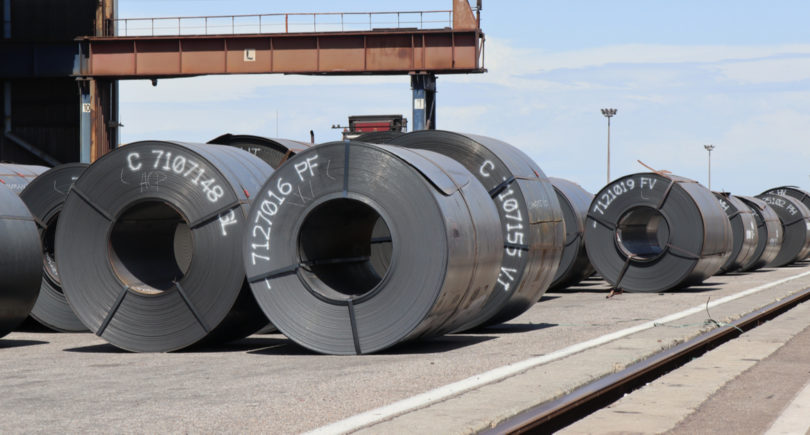
News Global Market CBAM 744 10 October 2023
According to experts, it may be about the market of ecological steel from the EU and the consumer market outside Europe
European CBAM needs a serious overhaul. Its implementation in its current form will lead to the creation of two parallel markets. It is about the market of high-quality steel from the EU, produced under the conditions of sustainable development policy, and the consumer market outside Europe, informs SiderWeb.
This opinion was expressed by the founder of the consulting company T-Commodity during a meeting organized by the Italian trade association Assofermet Gianclaudio Torlitzi. According to him, there are currently no suitable conditions for the introduction of European green steel standards, which are the same for all countries. In the case of CBAM, if the mechanism does not receive structural changes, it risks becoming a “gift” to China.
According to the expert, the key aspect of the post-pandemic market is the volatility of prices, and not only for raw materials, which is caused by the return to rising interest rates around the world in order to cope with inflation. Therefore, companies now work in different conditions than they were a few years ago. The new difficulties create many problems for them, and long-term planning becomes more difficult. Torlitzi believes that this is not a temporary phase, and it will lead to structural tension in supply chains.
Commercial director of the producer of graded rolled products Beltrame Enrico Fornelli says that for those dealing with steel, decarbonisation is an economic, financial and technological commitment that is strongly influenced by the political context.
As GMK Center reported earlier, the participants of the EU steel market weigh the problems during CBAM implementation. In particular, they are concerned about the unpredictability of carbon costs and the inability to verify the accuracy of information provided by suppliers.
Also, Assofermet warned, that the final implementation of CBAM could lead to an increase in the prices of imported steel by approximately 15%.




